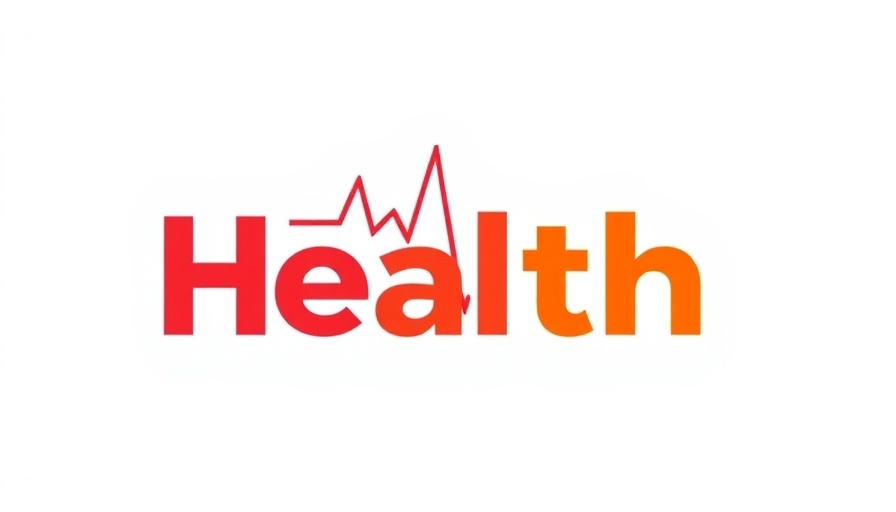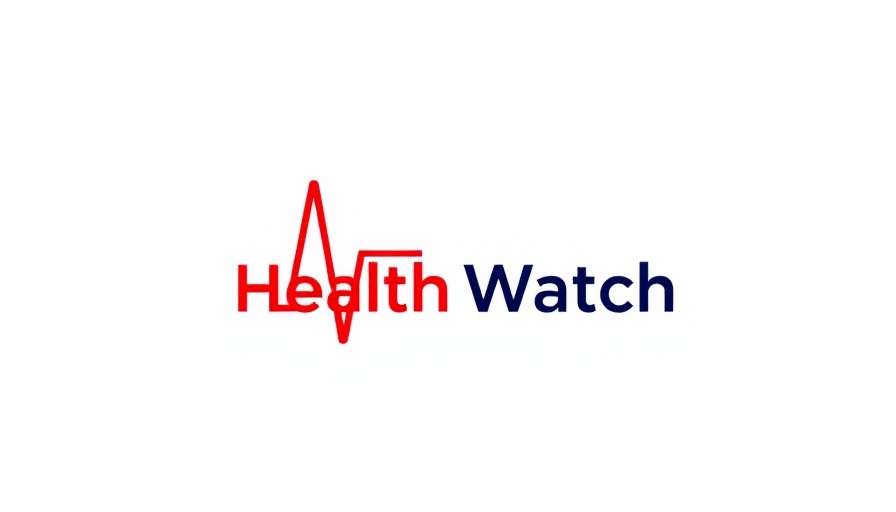
A Stark Warning from WHO: The Ripple Effects of U.S. Aid Withdrawal
The World Health Organization (WHO) has issued a dire warning regarding the withdrawal of U.S. aid for global health initiatives, characterizing it as a potential crisis that could reverse years of progress against major diseases such as HIV, tuberculosis, and measles. This unrest echoes across many parts of the world, as the abrupt cessation of funding has caused immediate disruptions in critical healthcare programs, endangering the lives of millions who depend on these services.
Understanding the Immediate Consequences of Defunding
According to WHO Director-General Tedros Adhanom Ghebreyesus, the U.S. has contributed significantly to global health efforts over the years, making the sudden loss of funding particularly alarming. Recent policies have halted multiple programs without notice, causing chaos and despair among those who depended on U.S. financial support. For instance, essential initiatives like malaria and measles vaccination campaigns are facing severe interruptions, risking the resurgence of diseases that had previously been under control.
The Broader Implications for Global Health Security
The ramifications of reduced funding extend beyond health to impact international security. As stated by experts, humanitarian aid plays a crucial role in stabilizing fragile regions. U.S. funding for food security and healthcare underpins the fabric of many developing nations, contributing to the prevention of conflicts and migration pressures. A failure to maintain these initiatives could destabilize regions already plagued by challenges, creating an environment ripe for the spread of deadly diseases.
A Wake-Up Call: Voices from the Field
Health officials around the world are sounding the alarm about the immediate impacts of U.S. funding cuts. Reports indicate increased shortages in essential medical supplies, including malaria diagnostics and treatments, hampering global health efforts. For instance, Handaa Enkh-Amgalan from the WHO Civil Society Task Force on Tuberculosis emphasized, "We are on the brink of a crisis… if we don’t act decisively." With 15 million additional cases of malaria projected this year alone, the stakes could not be higher.
Historical Perspective: Progress at Risk
The U.S. has been a major player in the fight against infectious diseases for decades, providing essential resources that have saved millions of lives. Historical data indicates that U.S.-led initiatives have significantly decreased cases of diseases like malaria by over 2.2 billion. The potential collapse of these efforts reflects a sharp pivot away from a commitment that has brought success and stability for countless individuals across the globe.
Reinvigorating Institutional Knowledge Amid Uncertainty
The abrupt changes have not only affected community health programs but also disrupted the infrastructure of knowledge surrounding humanitarian aid. As organizations struggle to adapt to funding cuts, many vital training programs for health workers have been suspended, which jeopardizes their ability to respond effectively in emergencies.
What Lies Ahead: Future Predictions and Actions
The evidence suggests that the fallout from the U.S. aid withdrawal will only deepen unless proactive measures are taken. Experts are advocating for increased awareness and a reconfiguration of funding strategies to ensure that critical health programs aren't abandoned. As crucial as funding is, addressing inefficiencies and reallocating resources intelligently must also be priorities moving forward.
A Call to Action: Raising Awareness About Global Health
The situation prompts us to think critically about the humanitarian choices we make and their far-reaching impacts. As citizens, recognizing the value of global health initiatives can motivate us to advocate for responsible aid policies that support those affected by public health challenges. It’s imperative that we stand together to promote awareness and action toward sustaining these vital programs.
 Add Row
Add Row  Add
Add 




Write A Comment